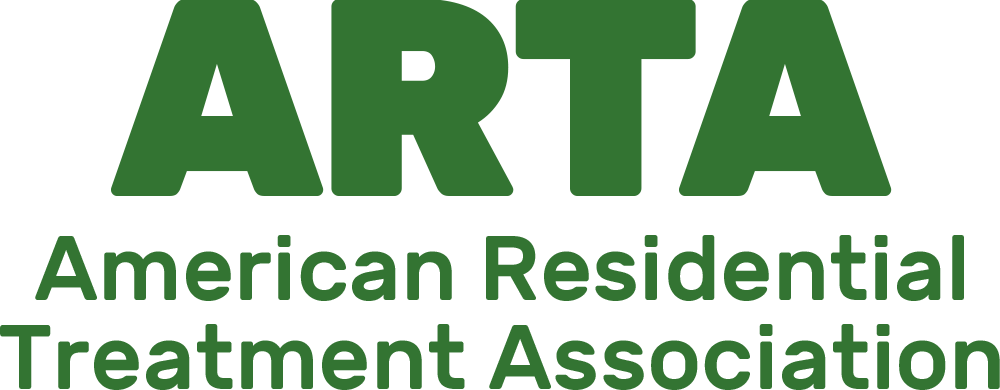
Cynthia Hanson, Clinical Program Manager
Spring Lake Ranch recently started a new Recovery group called Confluence. More traditionally referred to as Dual Diagnosis or Co-Occurring, “confluence” was chosen to represent the point where the individual rivers of mental health and substance use issues converge. It’s meant to be an exploration of how these two forces interact—often creating a negative, synergistic effect where each state exacerbates the other.
Group members have been reflecting on their own experiences; for some, using substances precipitated mental health issues and for others the mental health issues came first. In the latter case, substances were used to self-medicate symptoms of depression or anxiety (for instance) but often sent the user down the path of more extreme symptomology. Everyone agreed that once you cross the line into mood extremes or psychotic experiences the substance use makes everything worse.
Most in the group have been through multiple cycles of instability and treatment, only to return to using and then start the cycle over again. Folks have agreed it takes a few tries to reach an understanding that the confluence is permanent and feeling better doesn’t mean “great, now I can go back to getting high.” The group has taken apart the myth of “using responsibly” and come to the conclusion that for many people (especially those for whom using has caused manic or psychotic symptoms), abstinence has to be the goal.
The group also discusses how, although the lure of substances is strong, being in a manic or psychotic state has its own appeal. A sense of “feeling special” was described that is somehow satisfying, and the fact that using increases symptomology is not initially thought of as a bad thing. “Sometimes I liked being psychotic,” one group member stated, “but after repeated trips to the psych ward I realized I had to stop using if I wanted to get anywhere meaningful in my life.”
Another member stated that for her, acceptance of how both forces showed up in her life was two-fold and did not come to her all at once. “I eventually accepted that I needed medication, but I remained in denial about my drinking.” Now she describes recovery as “self-perpetuating” in that every day she feels better, and this feels so good she wants to keep on feeling better.
Abstinence can be its own reward which is an important realization as so much of using is linked to an existential emptiness that lies deep within the soul. It is often undifferentiated and undefined, causing anxiety and depression and seeking avenues for distraction and relief. On the other hand, using can also be directly related to concrete events in the past (such as trauma) causing similar mood states and seeking similar results.
Group members share as much of their stories as they are comfortable with in Confluence Group, and each offering touches on both individual and universal themes. The group uses a variety of approaches and for the most part combines group process with psychoeducation. The journey of this weekly group has been fruitful and, although challenging, we look forward to the further work we can all do together.






